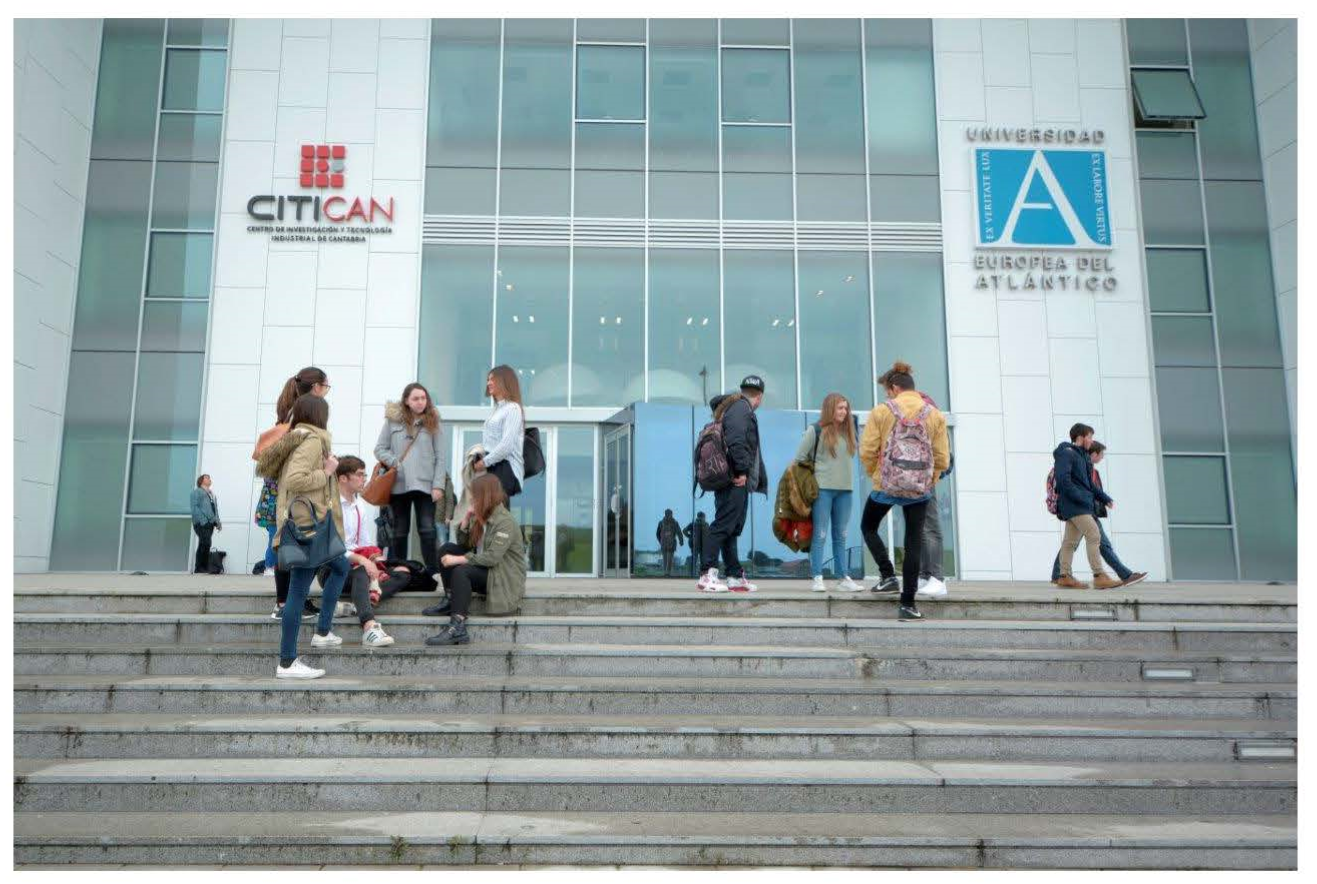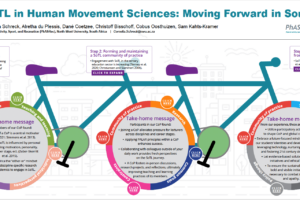
Do Young People Really Know How to Collaborate for Common Success?
The teaching staff of the University Europea del Atlantico, UNEATLANTICO, located in Spain, applies intensively innovative pedagogical techniques that make classes more dynamic. These techniques enhance learning not only of technical knowledge but also of transversal skills, which are in demand in today’s labor market. Many subjects taught in the different university degrees use a methodology based on projects that students must develop in teams, for which the context aims to be as close to real professional settings as possible. But, according to the students’ feedback, this attempt was not very efficient. Therefore, a few years ago, the possibility of analyzing the level of development of skills related to collaborative work was seriously considered at UNEATLANTICO. A study was carried out to measure the students’ own perception of the difficulties they experienced during the collaborative projects.
During the research reported in the article “Do Young People Really Know How to Collaborate for Common Success?”, it was shown that undergraduate students are aware of what collaborative work is and its benefits. However, due to lack of practice and general reluctance to work in teams, it is not properly applied. The main obstacles the students report are increased communication (which is assumed to be very rare in the Spanish context), balanced participation, and true commitment of all team members.
Our results suggest that prior to the development of team-based projects, the concept of collaborative work needs to be studied, both by students and instructors. This way the participants can learn to cooperate, make better use of shared resources and experiences, solve problems, and improve many other important soft skills. It is a matter of creating a collaborative context, something that is often overlooked. Perhaps, collaborative work should be additionally supported by technological solutions that emulate co-presence and increased collaboration.
Read the full TLI article here.




